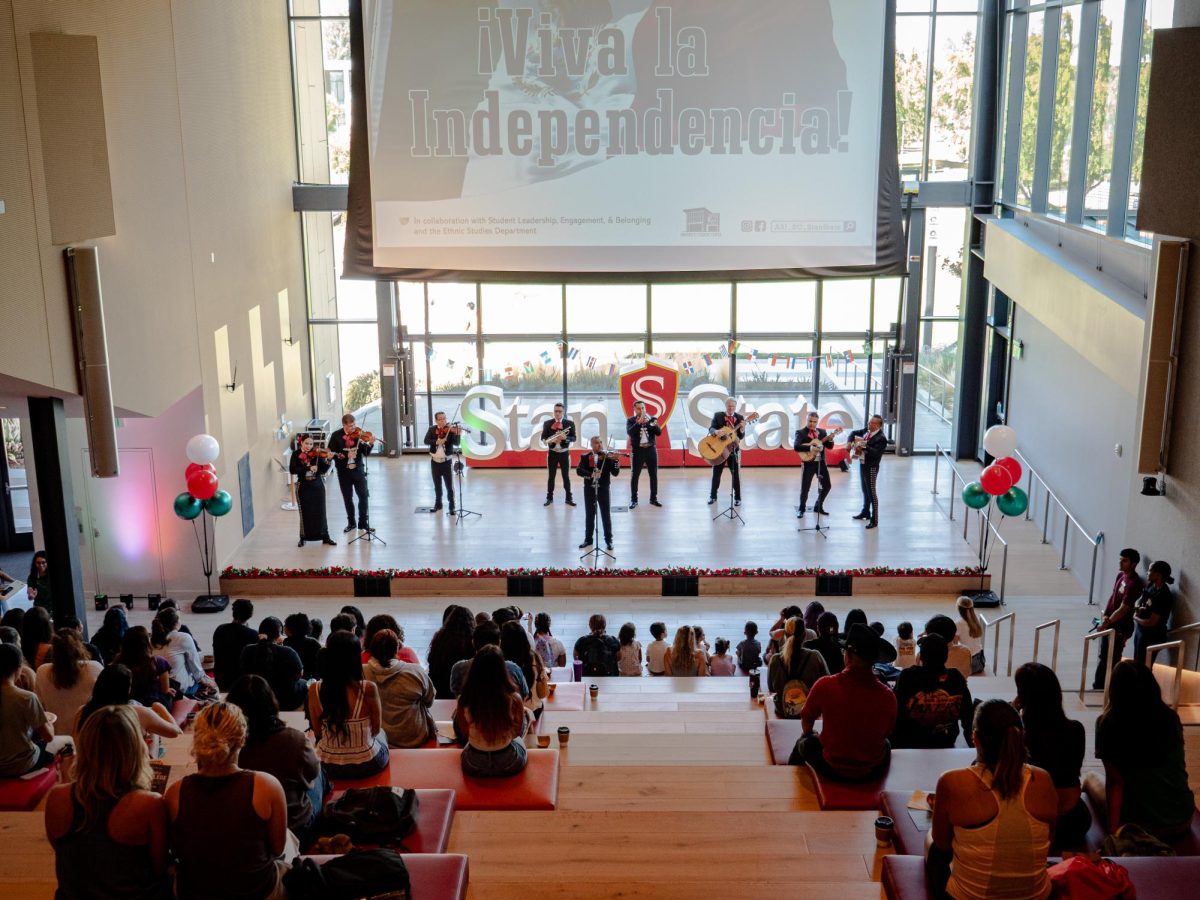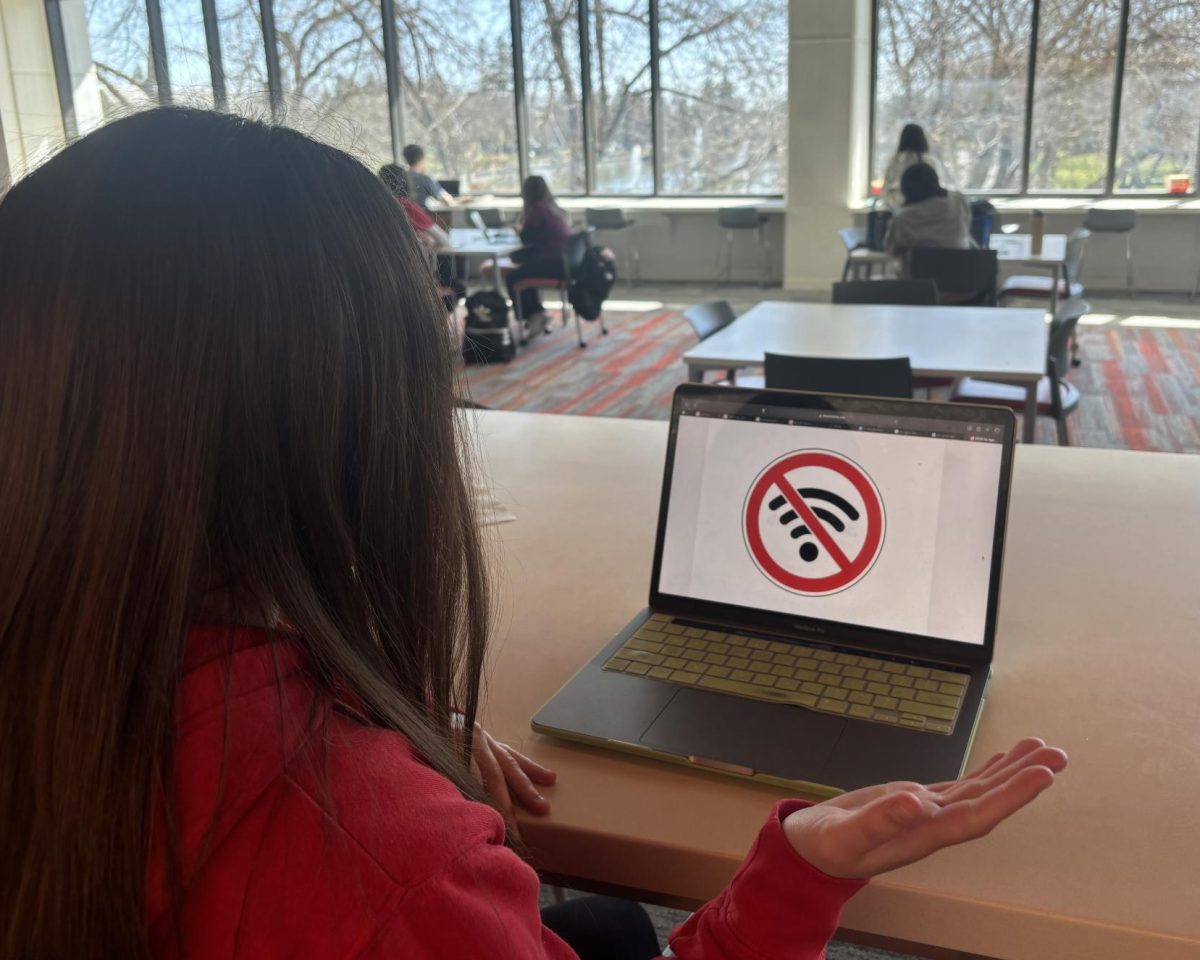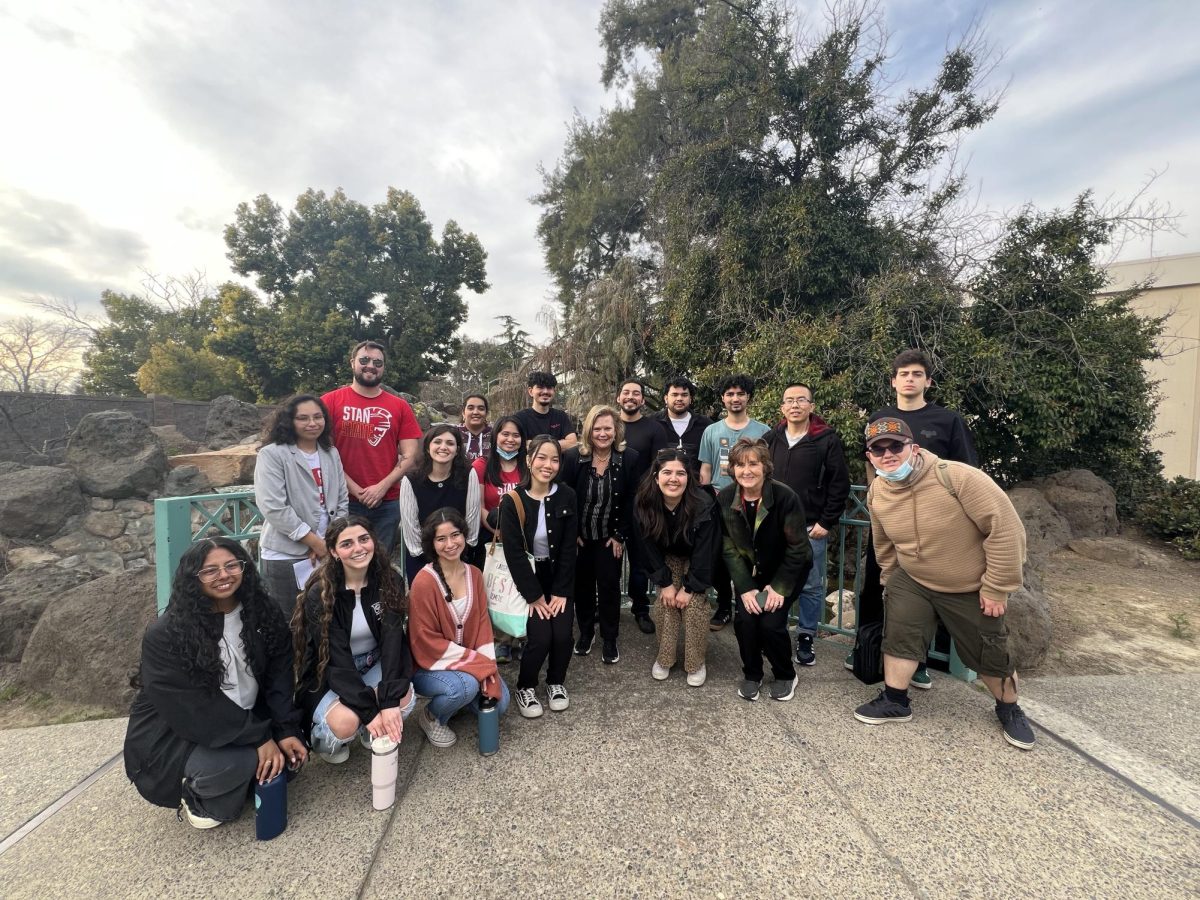Since the Greeks started putting on shows in 534 B.C.E, theater has been an integral part of our entertainment, even to this day. From musicals to straight (non-musicals), comedies and tragedies, there are a variety of plays to see around the world. Even though theater is one of the most influential parts in movies, TV and other sources of entertainment, there are little known facts about the theater not many people know.
- One of the earliest forms of theater was called Dithyramb, which was basically a choral hymn. A priest would chant something and the congregation would respond. This was the basis for Greek Theater.
- The first actor’s name was Thespias and he added speech to the choral hymn, this is where we coin the term “thespians” for actors.
- Broadway’s first “long-run” musical was “The Elves” in 1857. It ran for 50 performances.
- “Phantom of the Opera” is the highest grossing and longest running play. It opened January 25, 1988 and is still running. “Phantom of the Opera” has been performed 7,767 times.
- The first play on Mainstage at California State University, Stanislaus was Shakespeare’s “Twelfth Night” in 1972.
- Most theaters have a “ghost light” which must be on the stage when the stage is not in use. Some say this is because it keeps the ghosts from roaming around the stage. Others say it is simply a safety factor. But who knows? CSU Stanislaus keeps a single light burning when the stage is not in use. Is it because they are trying to keep the ghosts away?
- James Mitchell, a Turlock native, was in many Broadway shows such as “Brigadoon” and “Paint Your Wagon.” He was also involved in many dance companies and was in the film “Oklahoma!” He was nominated for a Theater World Award in 1947 for “Brigadoon.”
- The first American play was “Prince of Parthia” by Thomas Godfry and was performed in 1766.
- Saying “good luck” to an actor before the show actually means “bad luck” to them. So, what you should say is “break a leg.”
- “Strike” is not when the actors protest the play, but after the last show the crew (and in some cases the cast) take down the set and clean up the theater, getting ready for the next production.






